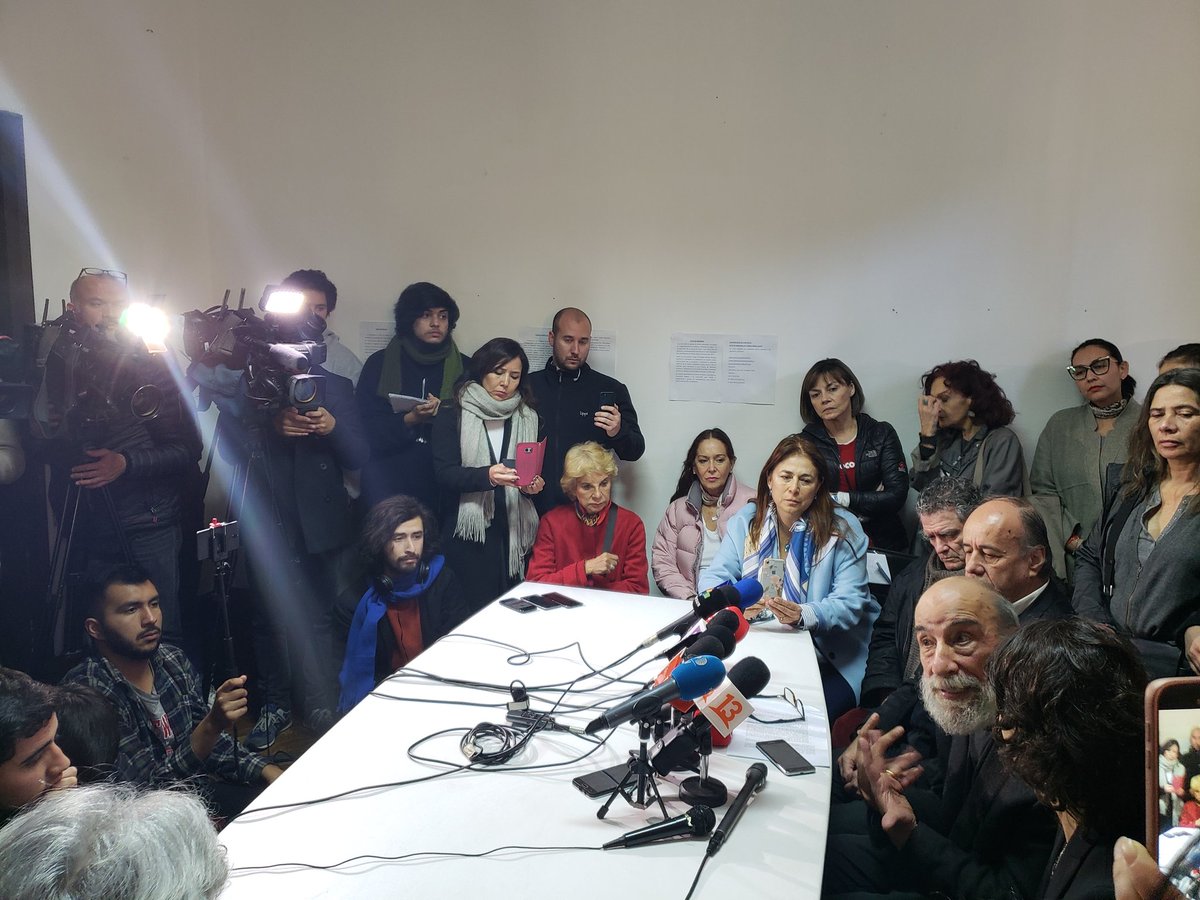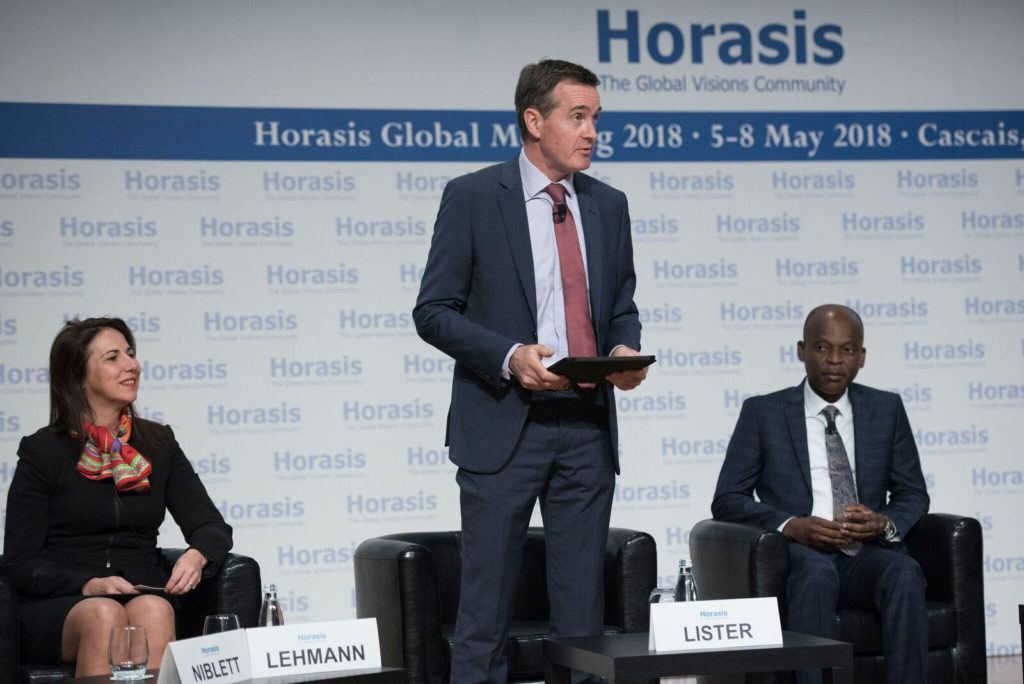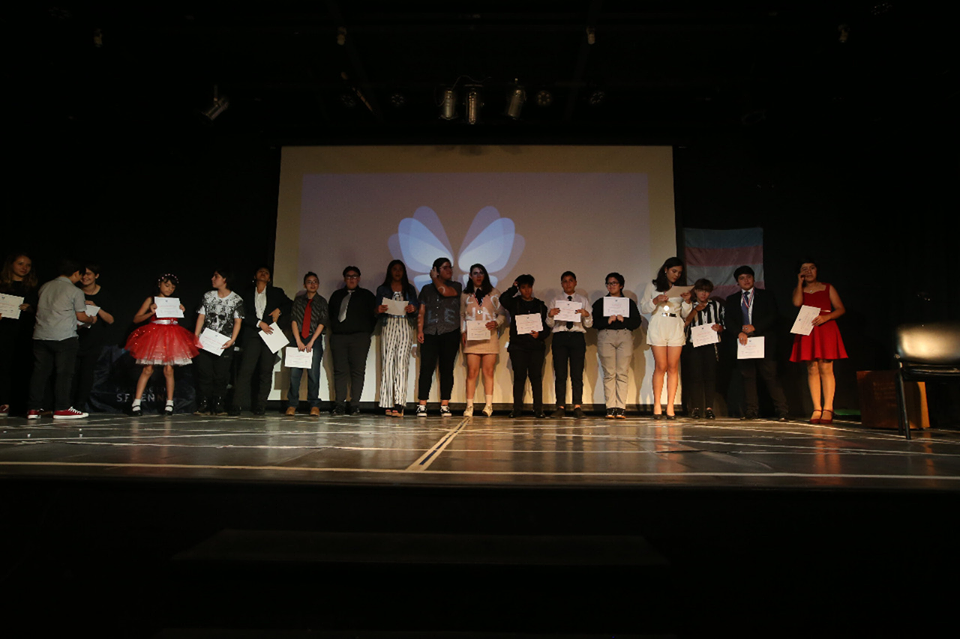Mauricio Rojas was forced to resign as Minister of Culture after just four days in the role after controversy over remarks he made in 2015 about Chile’s Memory Museum.
In November 2015, Rojas published a book called Dialogos de Conversos which details conversations between himself and the current Chilean chancellor, Roberto Ampuero. In this book he criticised Chile’s Memory Museum, which was created to commemorate the victims of Augusto Pinochet’s military dictatorship from 1973 to 1990.
“More than a museum […] it’s a farce with the objective – that without doubt it will succeed in – to impact the viewer, leave them astonished, prevent them from reasoning,” the book read, reported in El Pais. “It’s a shameless and untrue use of a national tragedy that affected all of us so badly and so directly.”
As Minister of Culture, Rojas would have a say in what is presented in the Memory Museum, which is why his comments have caused such a backlash.
TeleSur correspondent Paola Dragnic tweeted that during a meeting of Chilean artists to condemn Rojas’ statements, applause erupted among the members on finding out he had resigned.
INEDITO Artistas chilenos, y hasta esposa de Victor Jara, dan conferencia para repudiar dichos del Min de Cultura negando violaciones a DDHH en dictadura, en paralelo éste renuncia. Aplausos espontáneos. 90 horas en el cargo. @ThiareteleSUR estuvo ahí. pic.twitter.com/cHUCaa3aYh
— Paola Dragnic (@PaoladrateleSUR) 13 de agosto de 2018
“It wasn’t just a passing remark, but rather something he wrote and reflected on,” explained actor Francisco Reyes, Telesur reported. “He has scorned the Memory Museum, which is a memorial of human rights, whose labour is to keep the memories of the state’s actions fresh.”
El Pais reported that Archaeologist Consuelo Valdés will be stepping up to replace the disgraced Rojas.
This is not the first time that Rojas has criticised the museum. In 2016 he gave an interview with CNN where he, again, declared that the museum was spreading lies.
“It’s something to stop people thinking, to stun people,” he said in the interview. “There is no explanation of how it got to where we got to […] It’s a leftist museum, to tell a false version of Chile’s history, because it hides this important part; how we came to hate ourselves the way we did.”
In response to the controversy caused by his statements, Rojas took to Twitter to defend himself.
“Today’s declarations [Aug 11] by La Tercera about the Memory Museum come from an old interview that does not reflect my current thinking. I have never minimised or justified the unacceptable, systematic and extremely grave violations of human rights that occured in Chile.”
According to official figures quoted in El Mostrador, over the 27 years Pinochet was in power, 3,200 people died or ‘disappeared.’ Around 33,000 were tortured and put in prison, either for political reasons, or for no reason at all.
Even ex-President Michelle Bachelet, who has just been named UN Human Rights Chief, was a victim of torture during Pinochet’s regime and the terror he spread was felt throughout the country.
Rojas was forced to leave the country as Pinochet came to power due to a brief stint working in revolutionary leftist group MIR. He worked as a politician in Sweden during the dictatorship and therefore did not experience the era firsthand. Returning in the early 2000s, he was only officially incorporated into Piñera’s government in March of this year as the director of Presidential Content and strategy. However, it is unknown whether he will remain employed by the current government after this most recent scandal.







